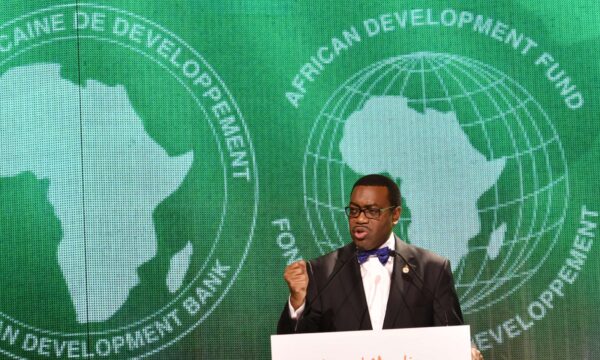The Independent Development Evaluation (IDEV) of the African Development Bank Group (AfDB) has completed evaluating more than a decade of engagement in South Africa (2004 – 2015), principally in the finance and energy sectors.
The evaluation found that low-risk lending through lines of credit via South African based regional financial institutions and commercial Banks made sound commercial sense for the AfDB.
Energy sector projects, including some renewable energy, featured strongly in the investment portfolio of the AfDB during the period under review.
The Medupi Coal Power Plant operation in itself accounted for over a third of the AfDB’s total investment in South Africa. The energy sector projects examined were deemed technically sound and sustainable investments. The projected lifespan of the Medupi Coal Power Plant is over 50 years.
However, the late delivery and the cost overruns of the project have caused power insecurity, and hence damage to the economy, for much longer than the AfDB or the Government of South Africa envisaged when funding for the plant was first agreed.
The project’s environmental sustainability was downgraded overall given the delay in funding solutions to reduce air emissions and to relieve water stress in the area.
South Africa’s experience in energy sector diversification is rich with lessons. The key success factors include good governance, robust legal, regulatory and policy framework, as well as the capacity of implementation partners. In particular, South Africa’s Renewable Energy Independent Power Producers Procurement Program is considered to be among the most successful of its kind on the continent – a model which the AfDB could help other countries to emulate.
According to AfDB Evaluator General Rakesh Nangia, “The report offers a thorough analysis of Bank performance and also of the limitations of the AfDB’s positioning in the South African context. Across its work in finance and infrastructure, stakeholders in South Africa saw the AfDB as a financier, rather than adding value as a knowledge provider or supporter of their capacity. The AfDB must think carefully about its comparative advantage and innovatively about funding instruments for the future.”
Source: Africafeeds.com/ AFDB



